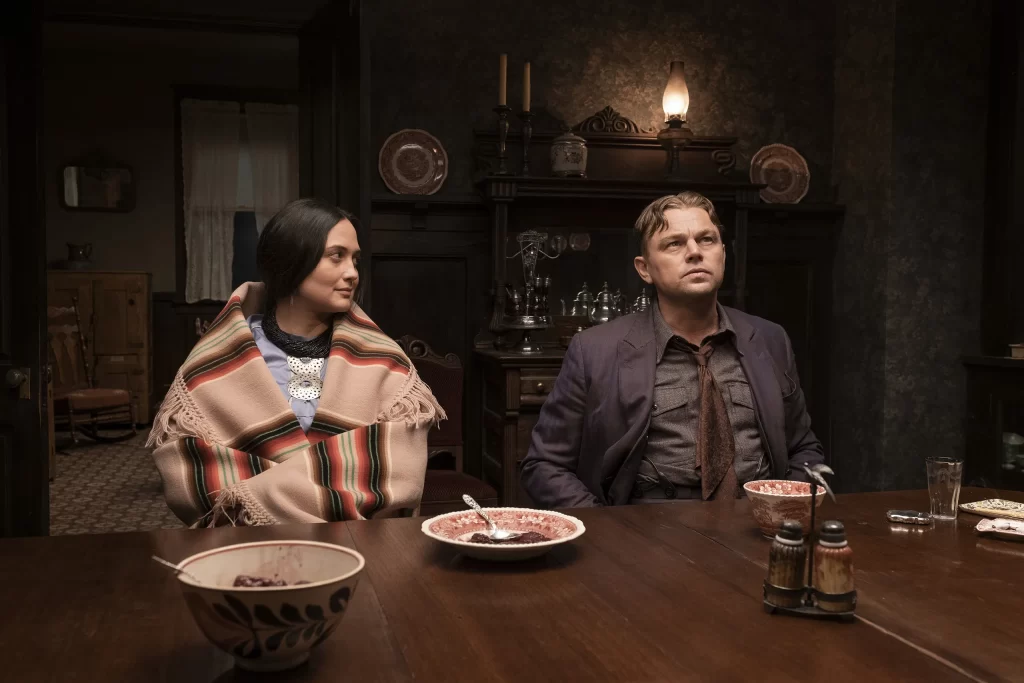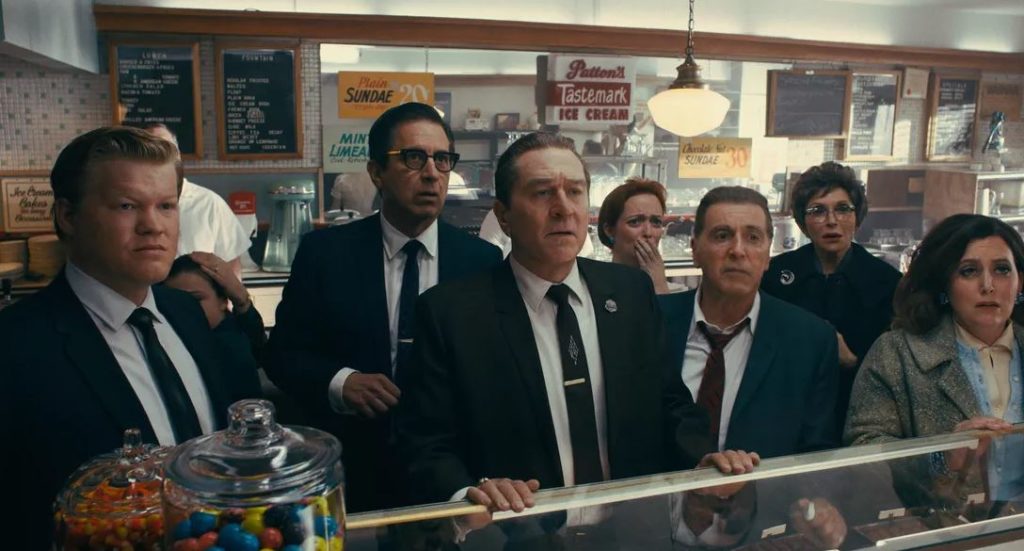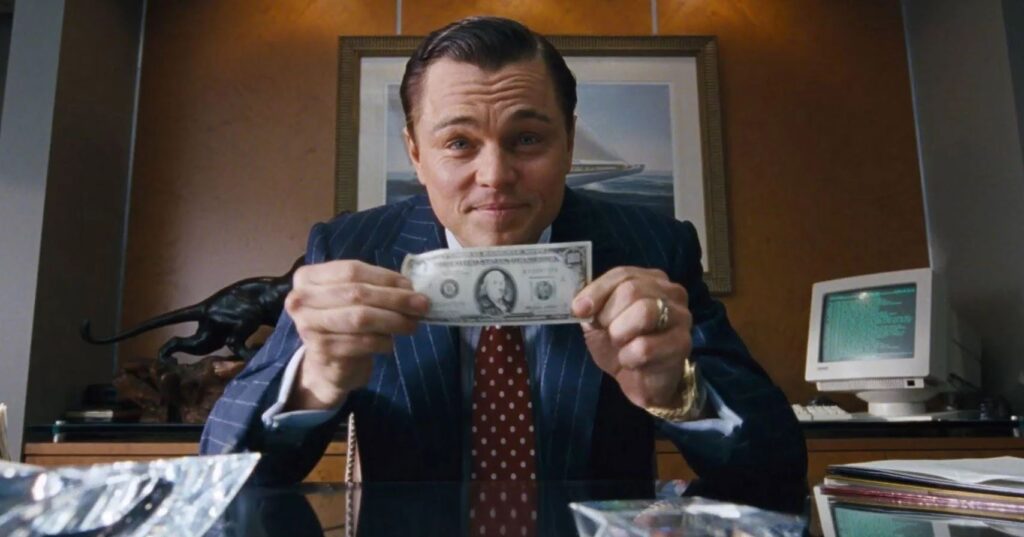Killers of the Flower Moon: Fail the Conquering Hero

Among the most insufferable criticisms lobbed toward Martin Scorsese—not the most insufferable; here will be the first and last time this review mentions the words “Marvel Cinematic Universe”—is that his only good movies are the ones about gangsters. Taste may be subjective, but aside from ignoring the vast majority of the director’s fertile filmography, this grievance neglects the organizational rot that runs through so many of his pictures. Sure, it’s obvious that the suits in The Wolf of Wall Street are just thugs with brokerage licenses, but even when Scorsese isn’t explicitly dealing with lawbreakers, he is routinely wandering halls of power and exploring systems of iniquity. The snobbish aristocrats of The Age of Innocence, the monopolistic bureaucrats of The Aviator, the dogmatic zealots of The Last Temptation of Christ—they are all veritable hoodlums, seeking to impose their chosen brand of moral order upon the world, intolerant of individual resistance.
Killers of the Flower Moon, Scorsese’s latest movie and one of his best, is even less tangential to the gangster genre than his films about musicians or comedians or pool sharks. It doesn’t nominally feature mobsters who say “fuggedaboutit,” but its tale of criminality and corruption occupies the same thematic territory as that of Mean Streets or Goodfellas. Yet where those classics exhibited joy in depicting the mechanics of their antiheroes’ frenzied avarice, Flower Moon finds Scorsese operating in a more mournful register. It isn’t that age has mellowed him—in some ways, this is among the angriest pictures he’s ever made—so much as it’s nudged his focal point. The methods of vice are no longer the primary attraction; what matters now are the consequences. Read More



